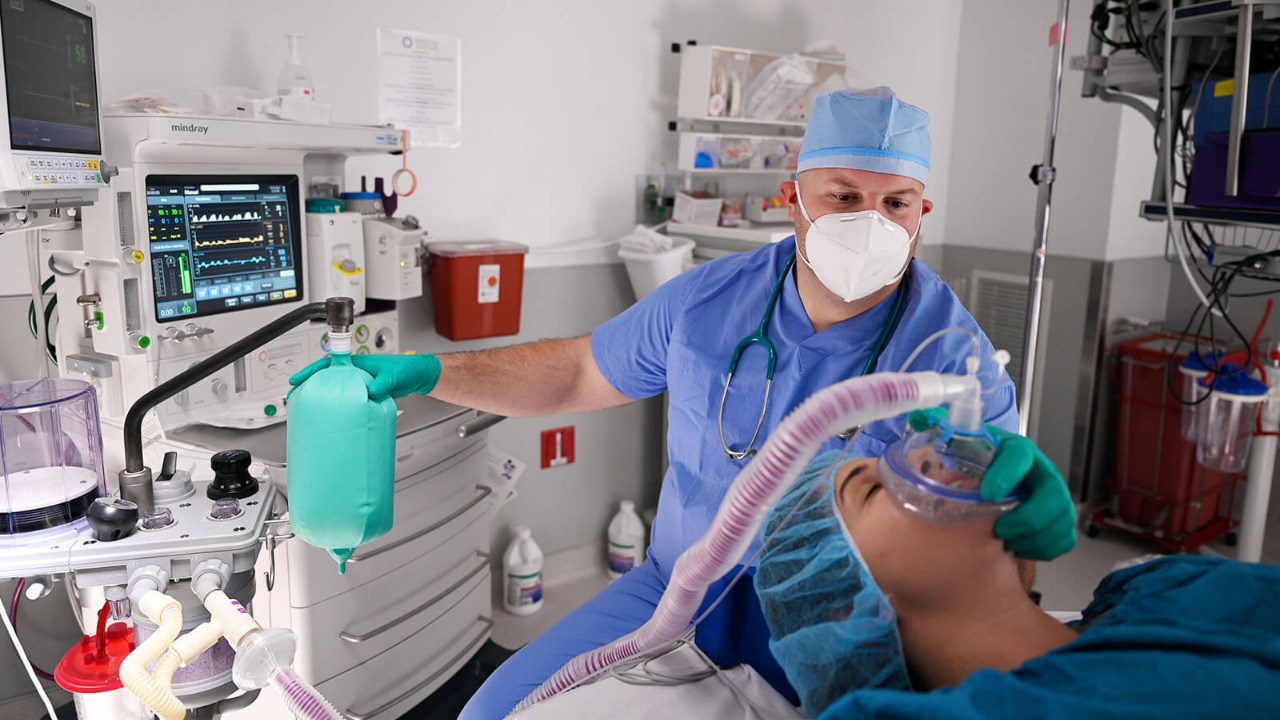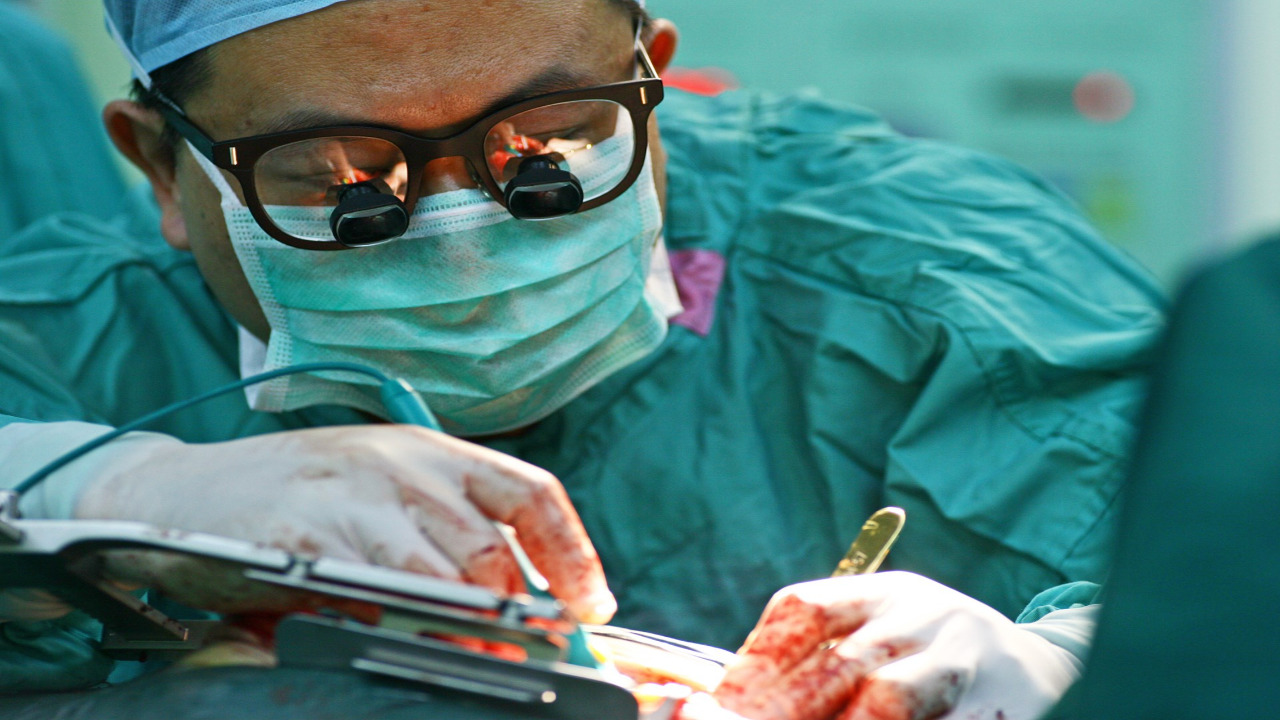Practicing in the healthcare field offers you the possibility to have a good influence on people’s health and the potential to earn thousands of dollars. As most positions require skills and advanced degrees, they are extremely popular. A bachelor of science, a physician’s Ph.D., and postgraduate specialization are often necessary for a top healthcare field. Nevertheless, many lucrative positions only require a bachelor’s or graduate diploma. Individuals with compassion that enjoy learning about physics, physiology, and anatomy usually favor careers in the medical field. The capacity to work successfully under stress and mental maturity are further needs for this field.
Doctors Will Always Have Jobs

Prior to beginning full-time employment, a doctor must first complete medical school and get a state license. Their education has given them the knowledge they need to make informed decisions about a patient’s diagnosis and course of treatment. In addition to working in various locations, such as hospitals or their practice offices, doctors have a wide range of employment opportunities available to them. There are other positions in the healthcare industry where you may make a decent living despite the fact that doctors and surgeons have historically received high pay. Increased demand translates into greater compensation. But it’s not just about the cash. For philanthropic reasons, a job in the healthcare sector may be rewarding. Here is a list of the healthcare positions with the highest salaries for your consideration and the physician contract review.
Anesthesiologists

Anesthesiologists take care of clients prior to, throughout, and then after surgery. They offer a pre-operative assessment and create an analgesic plan for the operation. This method of treating post-surgery soreness typically includes a dose of local anesthetic or local neuron blockade. During the procedure, doctors monitor the condition of the patient. They remain vigilant on the client after the surgery till the anesthesia goes off. Sometimes doctors help people manage soreness that is not related to operation or childbirth discomfort. Such professionals require great analytical and perceptive skills for dosage.
Surgeons

Patients are operated on by surgeons. They manage diseases, birth malformations, and accidents involving cracked ribs. Surgeries examine patients to diagnose conditions and discuss operating alternatives. They typically attend obey appointments to monitor the surgical outcomes. Such professionals must include good social skills and maintain accuracy despite the stress. They must also be fast on their feet and capable of reflecting analytically.
Physicians

Exams are performed, treatment options are presented, and safeguards are recommended by physicians. Patients are asked about their personal and family healthcare backgrounds, and their concerns are taken seriously. Physicians are able to administer medications as well as conduct simple tests. They also connect patients with professionals. These experts must be compassionate, able to think critically, and strong managers.
Doctors of Gynecology and Obstetrics

Obstetricians and gynecologists diagnose and treat conditions facing a female’s uterus function. Menopausal symptoms, polycystic ovaries, and hormonal imbalances are among these. Female doctors do mammograms and reproductive tests. Obstetricians give birth and look after expectant mothers. However, a large number of female doctors actually finish maternity courses and earn maternity licenses. Such specialists need to be able to communicate with others and give attention. As they routinely reveal private data to their clients, they ought to be compassionate.
Pediatricians

These healthcare providers deal with children. They are specialists in recognizing and managing diseases that affect children, including birth defects, chromosomal anomalies, and insulin. They connect families with specialists for particular issues. Furthermore, they ensure kids meet important stages and assess their overall fitness. Doctors routinely help kids with infections, flu, and rashes. Medicines and drug treatments are given out by them. They can provide suggestions on the nutritional requirements of kids.
![[OL TEH BLOG]](https://solteh.net/wp-content/uploads/2020/01/cropped-06f943d4-cape-town-1.jpeg)
